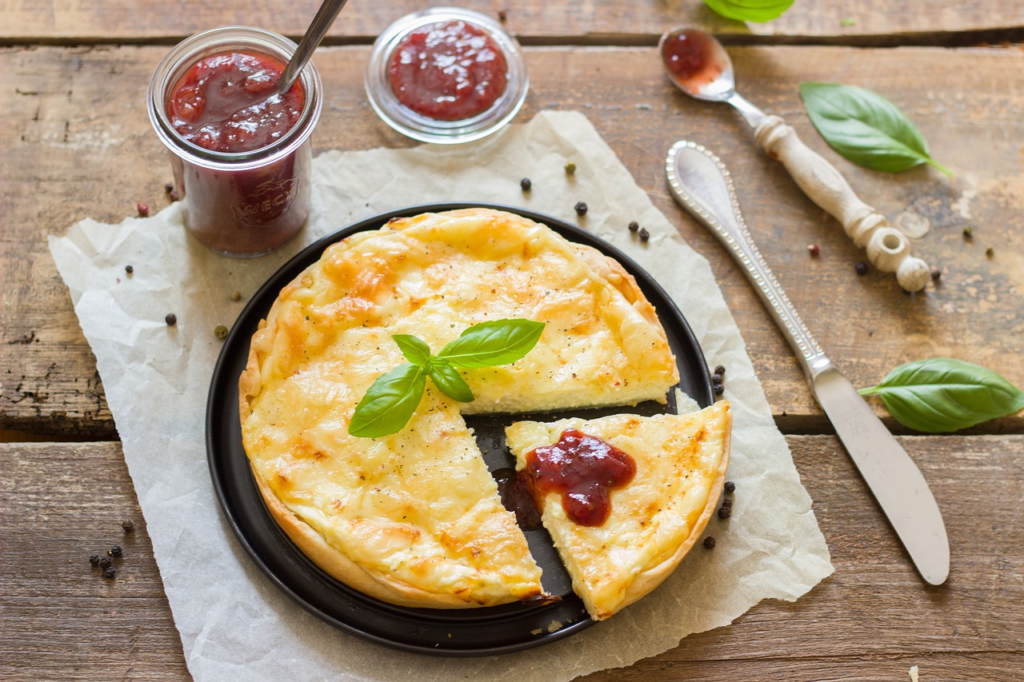Meal planning for elderly individuals can be tailored to meet their unique nutritional needs while taking into consideration factors such as dietary restrictions, appetite changes, and ease of meal preparation. Here are some meal planning options for the elderly…1
1. Balanced meals: Ensure each meal includes a balance of proteins, carbohydrates, healthy fats, and a variety of fruits and vegetables. Incorporate lean meats, poultry, fish, whole grains, low-fat dairy products (or suitable alternatives), and plenty of colorful vegetables and fruits.
2. Smaller, more frequent meals: Some elderly individuals may prefer smaller, more frequent meals rather than three large meals per day. This can help manage appetite changes and improve digestion. Snacks between meals can include options like fruit, yogurt, nuts, or whole-grain crackers.

3. Soft and easy-to-chew options: For individuals with dental issues or difficulty chewing, consider offering soft food options such as well-cooked vegetables, mashed potatoes, tender meats, cooked grains, or smoothies. If necessary, food can be pureed to a smooth consistency.
4. Nutrient-dense foods: Focus on nutrient-dense foods to ensure that smaller meals or reduced appetite still provide essential nutrients. Include foods rich in vitamins, minerals, and healthy fats like avocado, nuts, seeds, and olive oil.
5. Adequate hydration: Encourage regular fluid intake throughout the day, as dehydration can be a concern for the elderly. Offer water, herbal teas, fruits with high water content (e.g., watermelon or oranges), and soups or broths as part of the meal plan.
6. Consider dietary restrictions: Take into account any dietary restrictions or medical conditions when planning meals. For example, individuals with diabetes may need to watch their carbohydrate intake, while those with kidney disease may need to limit certain nutrients like sodium or phosphorus.
7. Simplify meal preparation: Opt for simple and convenient meal options to make meal preparation easier. Utilize kitchen tools like slow cookers or instant pots, or consider ready-to-eat or frozen meals that meet nutritional needs. Meal delivery services or community meal programs can also be beneficial options.
8. Get creative with flavors: Experiment with herbs, spices, and seasonings to enhance the taste of dishes. This can help stimulate appetite and make meals more enjoyable for the elderly.
9. Involve the elderly in meal planning: Engage the individual in the meal planning process. Consider their food preferences and involve them in grocery shopping or meal preparation when possible. This promotes independence and improves the overall dining experience.
10. Consult a healthcare professional or registered dietitian: If you have specific concerns about the dietary needs or health conditions of the elderly individual, it is advisable to consult a healthcare professional or registered dietitian. They can provide personalized guidance and offer recommendations based on the individual’s specific dietary needs and preferences. Remember, individual needs can vary, and it is important to consider any specific dietary restrictions, allergies, or medical conditions when planning meals for the elderly. It’s also crucial to encourage regular physical activity and promote a healthy social environment during mealtimes to enhance overall well-being.
Meal planning for seniors – a great idea
1 ChatGPT, personal communication, March 08, 2024
